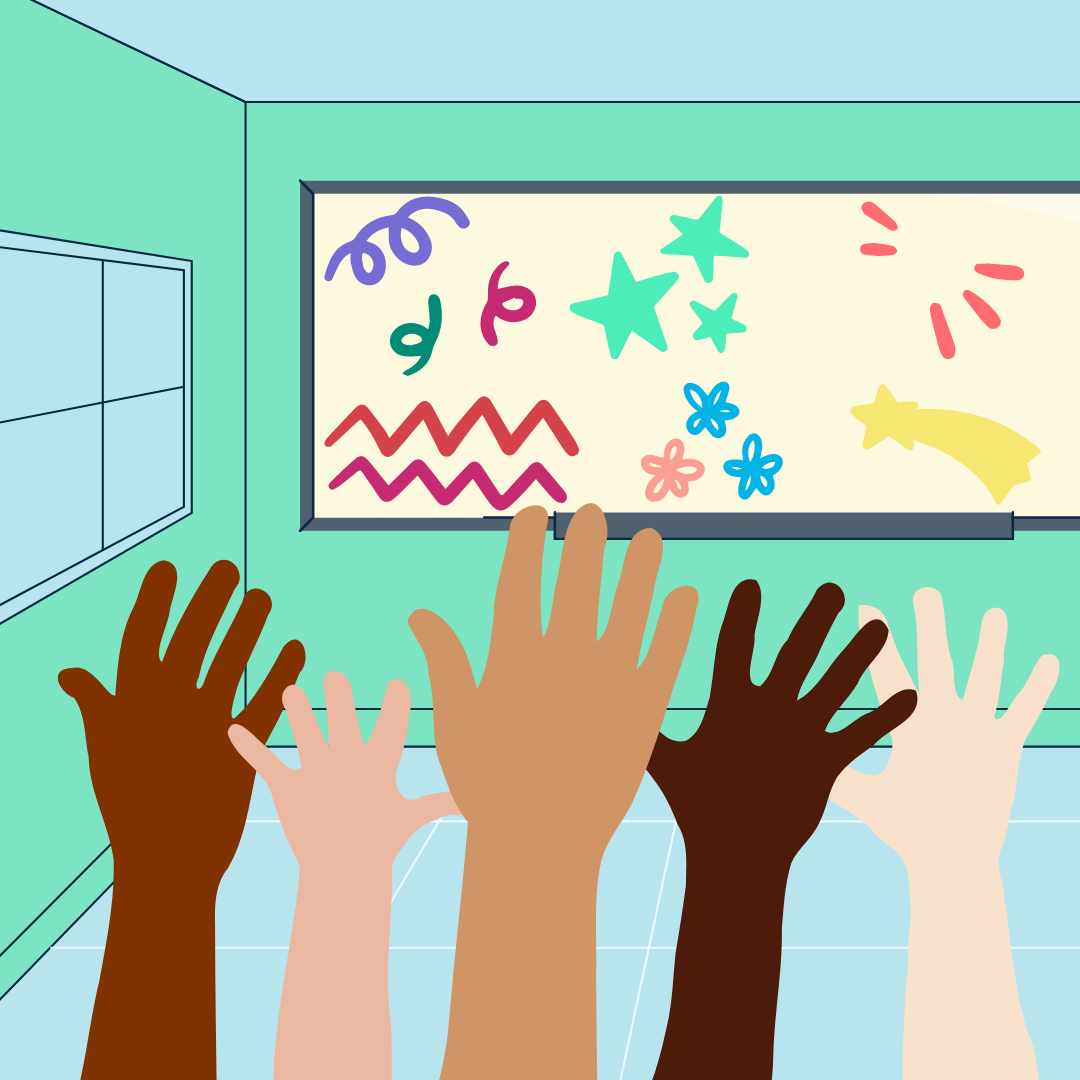Youth and Neurodiversity: Why We Should Stand Up for Inclusion
“We are all unique” and “everyone is special in their own way” are two cliches that, as cheesy as it may sound, I would have to agree with. With our society becoming increasingly dependent on technology, exposure to diversity in all aspects is inevitable. But even in this “golden age” of diversity, the concept of “neurodiversity” and differences in terms of our cognitive functioning is yet to catch on in the youth activism community.
Neurodiveristy is an umbrella term for mental differences and encompasses exceptionalities from Depression to Down Syndrome. Even though one in seven people are considered to be neurodiverse, those with exceptionalities still suffer social and occupational exclusion in society. All around the world, people with learning differences are demeaned and routinely excluded because they are not “neurotypical”. Exceptionalities and differences in cognitive functioning are still heavily stigmatised and these public misconceptions lead the neurodivergent to believe that they are abnormal and deficient. People with learning differences are 2-3 times more likely to be unemployed and 3 times more likely to be bullied at school.
As expected, the systematic ableism that underlies today’s society comes not without social consequences. 46% of people who have died by suicide are diagnosed with a mental exceptionality. In a study of 693 childhood suicide cases, 60% of children ages 5-11 was diagnosed with ADHD. Neurodiverse women were almost 5 times more likely to commit suicide than women without learning differences and men with exceptionalities were 3 times more likely to commit suicide than neurotypical men.
Even with the severity and prevalence of this issue, youth-led activism around neurodiversity has never caught on. There is an absence of student-led initiatives to advocate for mental health and foster inclusion. Within this gap of activism, there is a crucial need for a youth voice in the conversation around learning differences. As a student activist with an exceptionality myself, I would like to urge you to see the importance of inclusion within neurodiversity. Now more than ever, we need to recognise the significance of this issue and become advocates against the injustice of systemic ableism. We need to rise against the discrimination of the neurodiverse and realise that our differences, especially in terms of mental functioning, are vital towards a healthy society. We need not to demonise our differences but instead to celebrate them as they are what drives life on earth. Until the neurodiverse community receives the representation and advocacy that they deserve, our society will never truly be as just as we want it to be. Those with learning differences will continue to be systematically oppressed as we, the youths today and adults of tomorrow, passively look on. As Einstein once said, “the world will not be destroyed by evil but by those who watch them without doing anything”. Now, it is up to you to recognise and spread the importance of inclusion within neurodiversity.
References:
https://www.nytimes.com/2019/10/09/opinion/learning-disability.html
https://www.additudemag.com/study-people-with-learning-disabilities-more-likely-to-attempt-suicide/
https://autisticadvocacy.org/wp-content/uploads/2016/06/whitepaper-Increasing-Neurodiversity-in-Disability-and-Social-Justice-Advocacy-Groups.pdf
https://www.nami.org/mhstats







